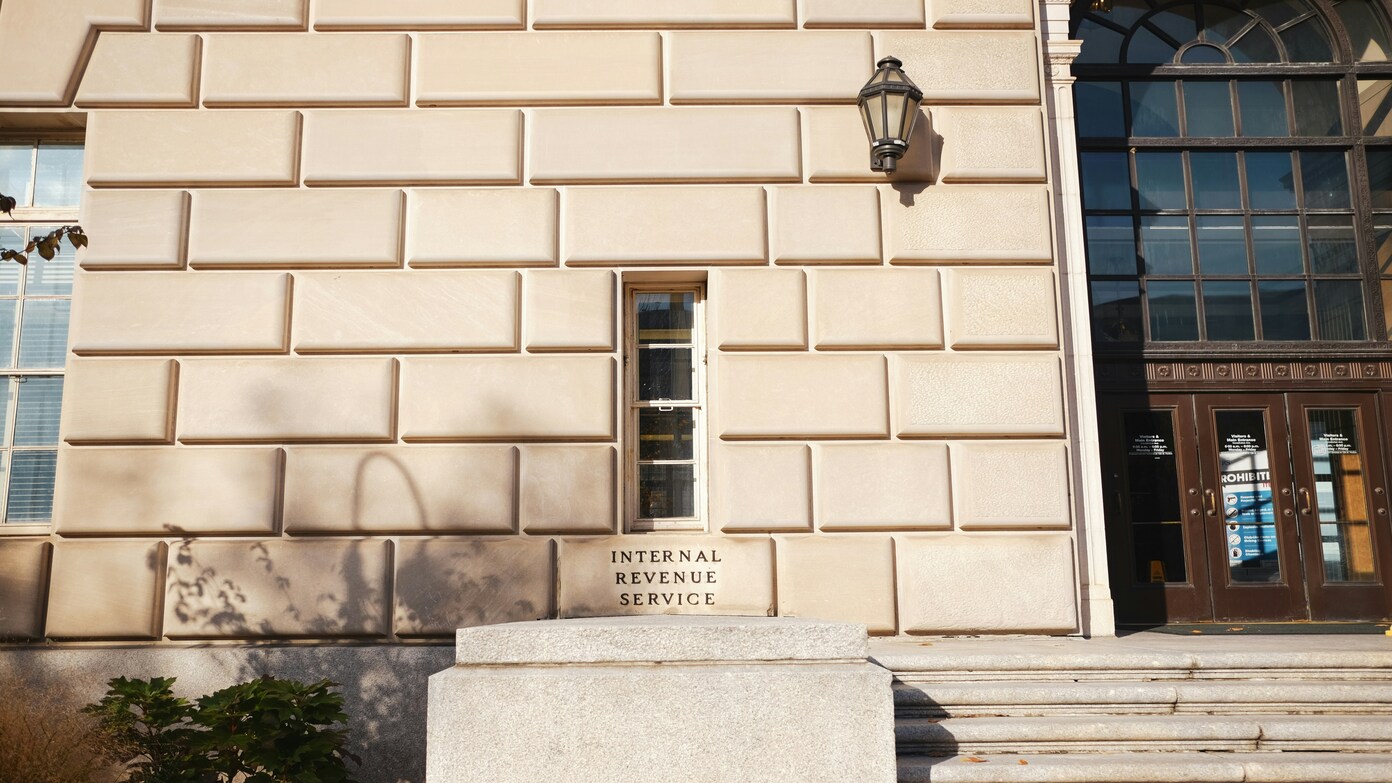The IRS has announced nine major tax changes that can mean bigger refunds for Americans when they file their 2026 tax returns. Some changes are already effective for 2025, so taxpayers can enjoy bigger refunds sooner.
Trump’s “one big beautiful bill”
On the Fourth of July this year, President Donald Trump signed the One Big Beautiful Bill Act—also called Working Families Tax Cut—into law. This new tax bill makes many of the temporary provisions in the 2017 Tax Cuts and Jobs Act permanent. Most provisions take effect January 1, 2026, impacting tax year 2026 returns that will be filed in 2027.
The IRS identified nine significant adjustments that can directly increase refunds, including adjustments to standard deductions, tax brackets, and various credits.
Read this later: Does Medicare cover you when you travel outside the US?
Increased Standard Deductions
The standard deduction will increase significantly next year:
- Married couples filing jointly: $32,200
- Single filers & married individuals filing separately: $16,100
- Heads of households: $24,150
These increases will make more of your income tax-free, which can lead to higher refunds for many Americans.
Adjusted tax brackets
Because of Trump’s bill and inflation adjustments, tax brackets for 2026 will rise about 2.3%. This is done to assist taxpayers in paying roughly the same proportion of taxes as before. New tax brackets for 2026 are:
- 37% for incomes above $640,600 (single) / $768,700 (married filing jointly)
- 35% for incomes above $256,225 / $512,450
- 32% for incomes above $201,775 / $403,550
- 24% for incomes above $105,700 / $211,400
- 22% for incomes above $50,400 / $100,800
- 12% on incomes over $12,400 / $24,800
- 10% on incomes of less than $12,400 / $24,800
In addition, overtime payments will be exempt from tax, up to $12,500 per taxpayer.
Read this later: How can I report my wages online if I am receiving Social Security Disability Insurance (SSDI), Supplemental Security Income (SSI), or both?
Higher tax credits
Certain tax credits are being increased:
- Earned Income Tax Credit: Maximum rises from $8,046 (2025) to $8,231 (2026) for three or more children.
- Child Tax Credit: Rise from $2,000 to $2,200.
- Adoption Credit: Maximum rises from $17,280 (2025) to $17,670 in 2026, with the refundable portion increasing to $5,120.
- Senior deduction: 65+ taxpayers can possibly deduct an extra $6,000 if eligible.
Other credits that are affected are the estate tax credit, employer-sponsored childcare credit, and qualified transportation fringe benefits, which could all mean more in your pocket.
Some changes already affecting 2025 returns
Even before 2026, some rules are retroactive. For instance, eligible workers can deduct a total of $25,000 of eligible tips on their 2025 taxes. 2025 standard deductions also increased to:
- $15,750 for single filers
- $23,625 for heads of households
- $31,500 for joint filers who are married
Other 2025 changes include a $1,000 one-time payment to taxpayers with no income restrictions.
Will you see a larger refund?
While these amendments reduce tax obligations and increase credits, withholding, income combination, deductions, credits, and timing will establish your actual refund. Filing early and taking advantage of the new law can put more money in your pocket sooner.

